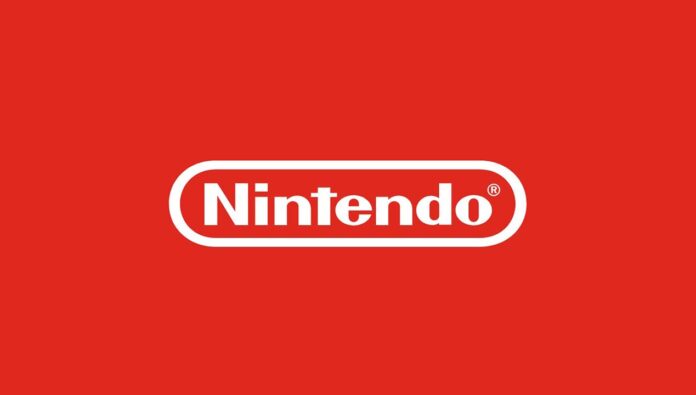Emulation has long been a contentious topic in the gaming world, often blurring the lines between legality and innovation. Recently, Nintendo made headlines by taking legal action against the creators of Yuzu, a popular emulator designed to run Nintendo Switch games on alternative platforms.
Table of Contents
Introduction
It has stirred significant debate within the gaming community that Nintendo is suing the creators of Yuzu. This open-source emulator allows Nintendo Switch games to be played on PCs and Android devices. This move underscores Nintendo’s persistent efforts to protect its intellectual property rights.
Background
Yuzu gained traction among gamers seeking to experience Nintendo Switch titles on non-native platforms. However, Nintendo perceived this as a threat to its business model and initiated legal proceedings against Tropic Haze, the entity behind Yuzu.
Details of the Nintendo Lawsuit
Nintendo’s lawsuit, filed in Rhode Island court, alleges that Yuzu circumvents the security measures implemented for the Nintendo Switch, leading to unauthorized distribution of game copies and fostering piracy.
Nintendo’s Argument
The crux of Nintendo’s argument revolves around the unauthorized dissemination of game titles, notably citing the leakage of “The Legend of Zelda: Tears of the Kingdom” before its official release. The company contends that Yuzu’s creators profited from Patreon support and direct downloads, exacerbating the piracy issue.
Analysis of Emulation Legality
While emulation is not illegal, its usage for piracy raises ethical and legal concerns. Past legal battles, such as Sony’s lawsuit against the Connectix Virtual Game Station, have shaped the landscape of emulation legality.
Comparison with Past Lawsuits
The current lawsuit against Yuzu creators parallels historical cases involving emulation technology. However, shifts in societal perceptions and technological advancements may influence the outcome of legal proceedings.
Speculation on Lawsuit Outcome
The outcome of Nintendo’s lawsuit against Yuzu creators remains uncertain, with arguments on both sides of the debate. It remains to be seen whether the court will rule to preserve emulation innovation or protect intellectual property rights.
Reader Engagement
What are your thoughts on Nintendo’s lawsuit against Yuzu creators? Share your opinions and insights in the comments below.
Conclusion
Nintendo’s legal action against the creators of Yuzu reflects the ongoing struggle to balance innovation and intellectual property protection in the gaming industry. The outcome of this lawsuit will likely have implications for the future of emulation technology and copyright enforcement.













